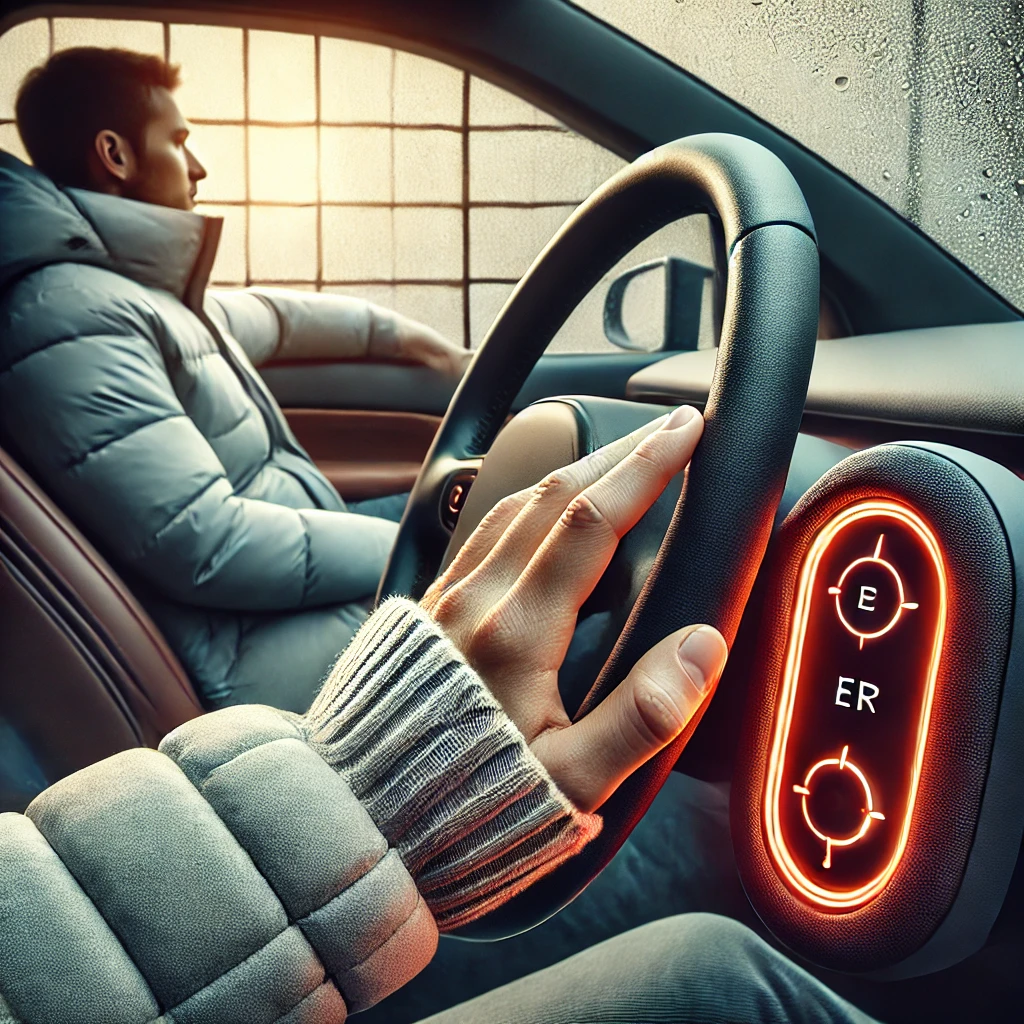When it comes to gaming, every millisecond counts, and the right keyboard switch can make all the difference. The debate between optical switches and mechanical switches is a hot topic among gamers and tech enthusiasts. Both have their strengths and weaknesses, and understanding these can help you make the best choice for your gaming setup. Discover the key differences between optical switches vs mechanical switches for gaming.
Table of Contents

What are Mechanical Switches?
Mechanical switches are the traditional choice for many gamers. They work by using physical moving parts, typically a stem, spring, and metal contacts, to register key presses. Each type of mechanical switch offers a different feel and sound, which can be a matter of personal preference.
Types of Mechanical Switches
- Linear Switches: Smooth and consistent keystrokes without tactile feedback.
- Tactile Switches: Provide a noticeable bump halfway through the key press.
- Clicky Switches: Produce a loud click sound with each press, offering both tactile feedback and an audible click.
What are Optical Switches?
Optical switches are a newer technology in the keyboard world. Instead of relying on physical contacts, they use light to detect key presses. When a key is pressed, it interrupts a beam of light, which registers the input. This technology promises faster response times and longer durability.
Types of Optical Switches
- Optical Mechanical Switches: Combine the feel of mechanical switches with the speed of optical technology.
- Pure Optical Switches: Rely entirely on light for actuation, without any mechanical components.
Technology Comparison
Activation Mechanisms
Mechanical switches use physical contacts to register key presses, which can wear out over time. Optical switches, on the other hand, use light, which eliminates the need for physical contact and reduces wear and tear.
Durability and Lifespan
Optical switches typically have a longer lifespan, often rated for 100 million keystrokes compared to the 50 million keystrokes of many mechanical switches.
Performance in Gaming
Responsiveness of Mechanical Switches
Mechanical switches offer a variety of tactile feedback options, which can enhance the gaming experience by providing clear, physical responses to key presses.
Responsiveness of Optical Switches
Optical switches are known for their speed, with near-instantaneous actuation times that can be crucial in fast-paced gaming scenarios.
Typing Experience
Feel and Sound of Mechanical Switches
Mechanical switches provide a satisfying typing experience, with distinct tactile or clicky feedback that many typists and gamers enjoy.
Feel and Sound of Optical Switches
Optical switches can be quieter and smoother, making them a good choice for shared spaces or quieter gaming environments.
Customization Options
Customizability of Mechanical Keyboards
Mechanical keyboards often come with hot-swappable switches, allowing users to customize their feel and sound by changing the switches.
Customizability of Optical Keyboards
While less common, some optical keyboards also offer customization options, including switch swaps and programmable lighting.
Price Comparison
Cost of Mechanical Switches
Mechanical keyboards can range from affordable to very expensive, depending on the quality and brand of the switches.
Cost of Optical Switches
Optical keyboards tend to be in the mid to high price range due to their advanced technology and increased durability.
Energy Efficiency
Power Consumption of Mechanical Keyboards
Mechanical keyboards use a standard amount of power and are not particularly energy-intensive.
Power Consumption of Optical Keyboards
Optical keyboards are similarly efficient, though their light-based technology might draw slightly more power in certain designs.
Latency and Input Lag
Mechanical Switches Latency
Mechanical switches have minimal latency but can be slower than optical switches due to the physical contact mechanism.
Optical Switches Latency
Optical switches boast the lowest latency, making them ideal for competitive gaming where every millisecond counts.
Build Quality
Materials Used in Mechanical Keyboards
Mechanical keyboards often feature high-quality materials such as aluminum frames and PBT keycaps.
Materials Used in Optical Keyboards
Optical keyboards also use premium materials and often feature additional innovations like spill resistance and customizable RGB lighting.
Maintenance and Repair for optical switches vs mechanical switches
Upkeep for Mechanical Switches
Mechanical keyboards may require more maintenance, such as cleaning and occasional switch replacements.
Upkeep for Optical Switches
Optical keyboards generally require less maintenance due to fewer moving parts and increased durability.
User Preference and Comfort for optical switches vs mechanical switches
Popularity Among Gamers
Mechanical switches have a long-standing reputation and are favored by many for their tactile feedback and customization options.
Comfort for Long Gaming Sessions
Both mechanical and optical switches can be comfortable for long gaming sessions, though optical switches may have an edge in speed and durability.
Environmental Impact
Eco-friendliness of Mechanical Switches
Mechanical switches are often more environmentally friendly due to their longer lifespan and the ability to replace individual components.
Eco-friendliness of Optical Switches
Optical switches, with their longer overall lifespan and fewer moving parts, also contribute to reduced electronic waste.
Pros and Cons Summary for optical switches vs mechanical switches
Pros and Cons of Mechanical Switches
Pros:
- Varied tactile feedback options
- Highly customizable
- Satisfying typing experience
Cons:
- Shorter lifespan compared to optical
- Can be louder
- Requires more maintenance
Pros and Cons of Optical Switches
Pros:
- Fast and responsive
- Longer lifespan
- Quieter operation
Cons:
- Generally more expensive
- Fewer customization options
- Newer technology with limited variety
Conclusion
Choosing between mechanical and optical switches depends on your specific needs and preferences. Mechanical switches offer a rich, tactile experience with plenty of customization options, making them a favorite among many gamers and typists. Optical switches, however, bring unparalleled speed, durability, and a quieter experience, which can be crucial for competitive gaming and long-term use. Weigh the pros and cons of each to find the perfect match for your gaming setup.
FAQs
Are optical switches better than mechanical switches for gaming?
Optical switches are often better for gaming due to their faster response times and longer durability, which are critical for competitive gameplay.
Can I replace mechanical switches with optical switches?
Generally, you cannot replace mechanical switches with optical switches directly, as they require different types of keyboards and technology.
Which type of switch lasts longer?
Optical switches typically last longer, with many rated for up to 100 million keystrokes compared to the 50 million for mechanical switches.
Are optical switches quieter than mechanical switches?
Yes, optical switches are generally quieter than mechanical switches, making them suitable for quieter environments.
What are the best brands for mechanical and optical keyboards?
Top brands for mechanical keyboards include Corsair, Razer, and Logitech, while leading brands for optical keyboards include Razer, SteelSeries, and Corsair.



